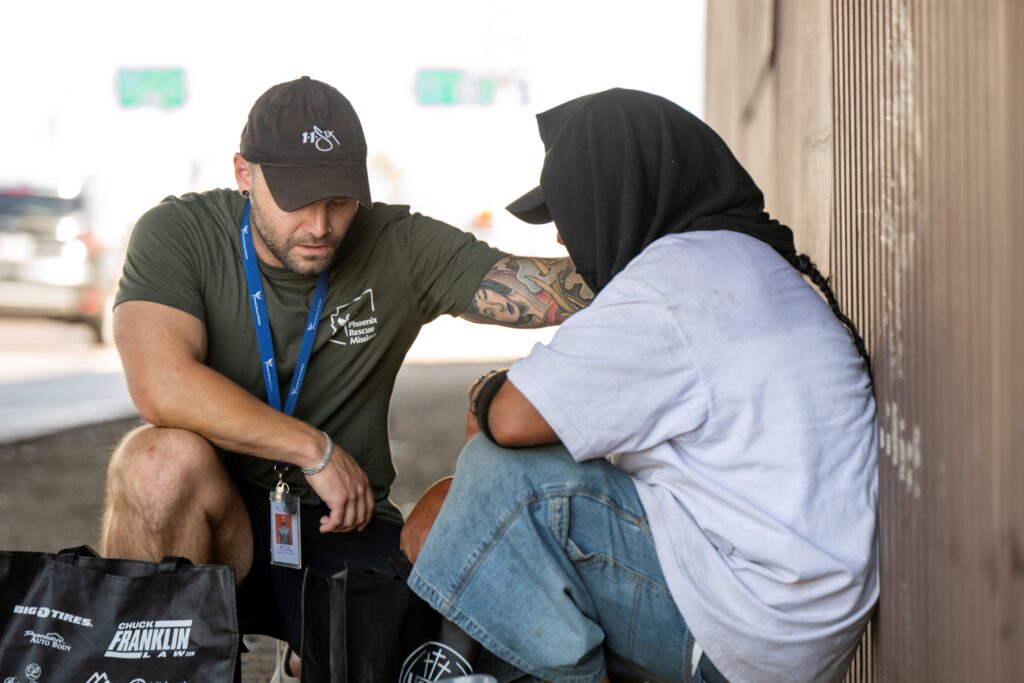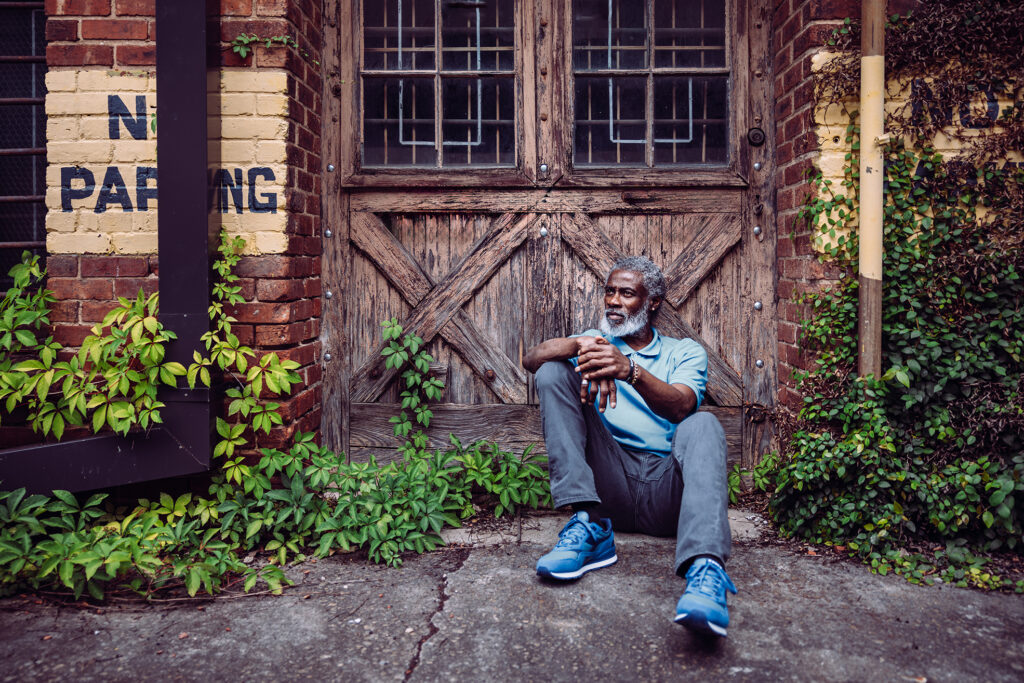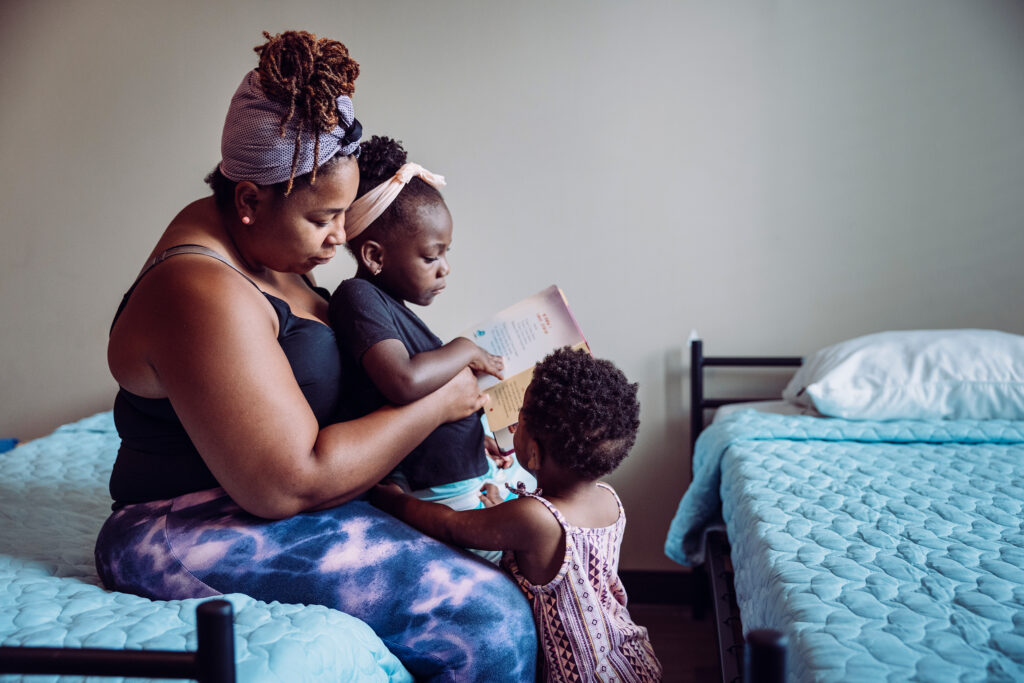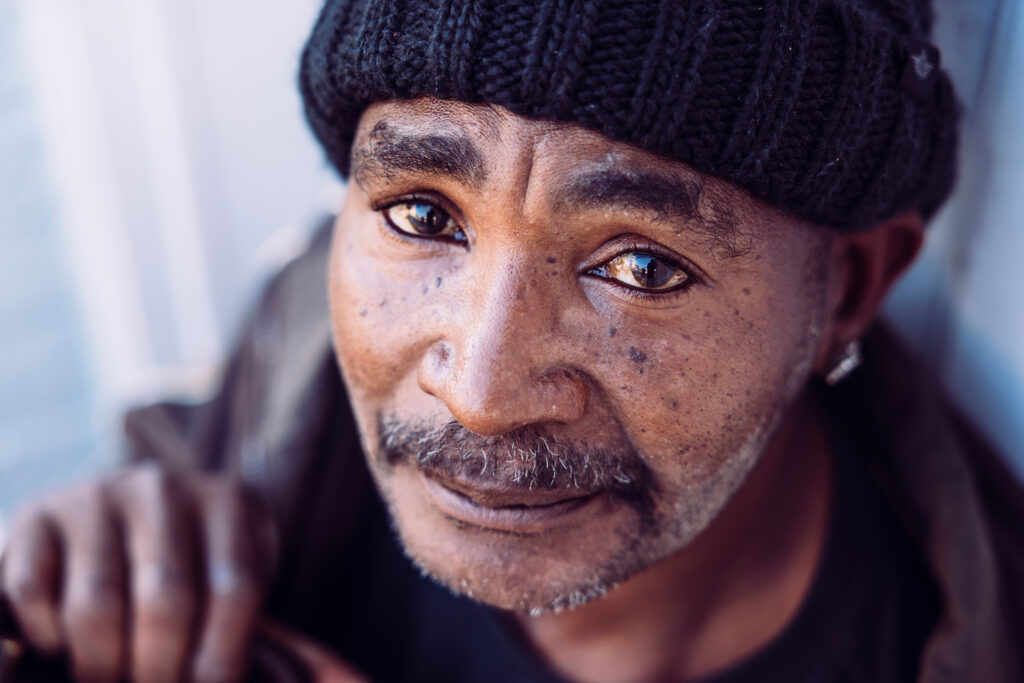Citygate Network is North America’s oldest and largest community of independent, faith-based crisis shelters and life-transformation centers. Started in 1906, the organization has grown to partner, educate, train and guide a network of 300 member organizations. Each organization works to move people in desperate situations and destitute conditions (i.e., hungry, homeless, abused and addicted) from human suffering to human flourishing through the process of gospel-powered life transformation.
The Citygate Network focuses on breaking the bonds of destructive habits, bad decisions (made by or forced upon the person) and enslaving conditions. By providing services and care in the context of community, Citygate Network’s tagline “Enter here. Start anew.” underscores the network’s focus on life transforming change.
Philanthropic investment into Citygate Network’s work is making life transformation possible in communities across America. To get a better sense of their work and impact throughout the country, Esther Larson, senior director of Programs, recently interviewed Tom DeVries, CEO of Citygate Network.
Q: Rates of addiction and homelessness are drastically increasing across American communities. What are you seeing in terms of the evolving needs for those who are homeless, struggling with addiction or facing other life crises?
DeVries: Numbers tell a story, and the reality is that more and more people are finding themselves without help, in need of support and looking for those who will offer assistance and services that can address the challenges they are currently facing.
Between 2022 and 2023, the number of people experiencing homelessness on any given night in the United States rose by 12%, reaching 653,100 – the highest number recorded since tracking began in 2007. The challenges are increasingly complex, with a growing demand for holistic support. Immediate needs include access to shelter, food and health care services alongside long-term, sustainable solutions addressing mental health, addiction recovery and affordable housing.
Homelessness is more often the symptom of a greater pervasive problem: broken relationships. This lack of supportive community leads to so many of the issues contributing to rising rates of homelessness and intersecting problems of mental illness, addiction, ability to remain in employment and limited access to affordable housing. At Citygate Network, our missions and ministries reach out to people where they are, in whatever situation they are in and offer solutions that can move them from a place of individual suffering to a place of flourishing in the context of a caring community.

Q: What is Citygate Network’s unique approach to address these needs?
DeVries: The unique approach of the missions and ministries within Citygate Network is that each approach is unique. With more than 320 missions and ministries in our network, each one helps, loves and serves differently, in response to their unique context.
For example, in Baltimore, Helping Up Mission partners with Johns Hopkins Hospital to provide health care for moms with children who are experiencing homelessness as well as mothers who are expecting. In Colorado, the Denver Rescue Mission has a contract with the city of Denver to provide emergency shelter and housing for the unhoused in that community. In Southern California, Hope: The Mission has multiple sites of tiny homes that offer safety and security as an alternative to the challenge of living on the streets.
Our ministries offer professional mental health services, Christ-centered recovery programs, trauma-informed case management, workforce development and spiritual support, ensuring individuals receive the resources and relationships needed to rebuild their lives and achieve long-term stability.
Q: What is the impact of Citygate’s programs and what makes your program model unique?
DeVries: The programs of the missions and ministries of Citygate Network have profound impact, transforming lives and future generations as people are restored. As one of the largest providers of homeless services in the United States, we collectively provide nearly 80,000 beds. In conversation with Dr. Robert Marbut, former director of the U.S. Interagency Council on Homelessness, between Citygate Network and The Salvation Army, we provide 75% of the nation’s emergency shelter services. The fact that 75% of emergency shelter beds are being provided by faith-based organizations demonstrates the significant role faith-based providers play in serving those who are most vulnerable in our country.
Though vitally important, providing emergency housing is only one aspect of our work. We aim to transform the lives of those who are hungry, homeless, abused and/or addicted. We do this by providing recovery and restoration through God’s message of hope and help to people in the most difficult and challenging places.

Q: Speaking of life transformation, could you share a story of someone who has benefited from Citygate’s ministries?
DeVries: Citygate Network partners with missions and ministries across North America and the Caribbean and the impact of our programs is vast. For example, in Seattle, Sarah, a young mother, overcame homelessness and addiction through mental health support, Christ-centered recovery and job training with help from Union Gospel Mission. Now employed and volunteering, she helps others on their recovery journey. In Washington D.C., James, a veteran with PTSD, found refuge and stability through similar comprehensive services with Central Union Mission. He now serves as a mentor to other veterans, exemplifying the transformative power of Citygate Network’s comprehensive approach.
These stories highlight the life-changing impact of our programs, demonstrating how we empower these missions to carry out this vital life-transforming work.
Q: In the midst of oftentimes flawed policies to address community needs, what are some of critiques you have on the Housing First policy and the recent SCOTUS decision addressing homeless encampments?
DeVries: While Housing First is a valuable approach, it often overlooks the need for comprehensive support like incorporating mental health and addiction services, which are crucial for sustainable recovery. Providing housing alone, especially to those deemed most in need, without addressing underlying issues, can result in repeated and prolonged homelessness.
The recent SCOTUS decision on homeless encampments underscores the urgency for humane and lasting solutions. Criminalizing homelessness without offering viable alternatives does not address root causes and can exacerbate the situation. Effective policies should integrate housing with robust support services to foster long-term stability and well-being.

Q: Could you describe how Citygate Network’s mission is funded? How does philanthropy propel your mission?
DeVries: Citygate Network’s mission is funded through three streams: annual dues from our members, revenue from annual events we provide and the generous support from donors and foundations. Of those three streams, philanthropy is currently the smallest. Historically, we have viewed ourselves more as an association than as a missional movement. While this model has sustained us thus far, we are now poised for growth and require additional financial support to accomplish goals focused on bringing long-term solutions to people’s lives and to how we address homelessness overall.
Increased philanthropic contributions would significantly expand the reach and impact of Citygate Network by enhancing our leadership development equipping and training. These contributions would also empower us to drive systematic change and raise awareness about the intersection of homelessness and addiction and/or mental health through advocacy to key policymakers.
Q: Are there any specific donor partnerships that have been pivotal in the organization’s impact? If so, what made the partnership so compelling?
DeVries: Citygate Network’s Hope in the Gate initiative, in partnership with the Maclellan Foundation, Unwavering Resolve plus Willow Bend Creative, offers transformative three-day retreats for individuals nearing the end of their rescue mission recovery programs. Set in the serene hills of Tennessee, participants work with singer-songwriters, life coaches and other professionals to discover their unique gifts, hear God’s voice and celebrate their journeys. The retreats include original music, outdoor activities, counseling support and community building, providing a powerful capstone to their recovery process. You can watch Hope in the Gate: Krystal’s Story to see a story from one of our Hope in the Gate events.
We also partner with the M.J. Murdock Charitable Trust to host Ripple Effect, a leadership and board governance development program, enhancing our member missions’ ability and capacity to grow leadership, determine ministry direction and raise the level of kingdom impact and ministry effectiveness.

Q: Are there any specific initiatives you’d like to highlight for donors who might be interested in your work?
DeVries: One major initiative we are working on is better tracking (of) our outcomes and impact across the country. To do this, we have entered a new relationship with MissionTracker, which offers a customer relationship management system to members, enabling us to create a national dashboard that reflects our collective impact, enhancing our ability to measure impact and showcase the significant work our members are doing.
This will ultimately improve scalability and strengthen our collective voice, offering a comprehensive view of emergency service beds, addiction recovery programs, meals served and key demographics. Although launching this system is a significant and costly endeavor, it will offer invaluable insights into the role of Christians and faith-based ministries in addressing homelessness across the U.S. and Canada.
Another initiative is our new leadership development track focused on learning communities and coaching. Through connection and content, the program will provide learning, support and accountability for leaders to grow and develop to ultimately see increased missional impact.
Finally, we have a strategic partnership with Adult & Teen Challenge, The Salvation Army and Duke University, where we are actively working to measure the impact of faith on recovery. This collaboration is crucial to our mission, especially in light of the HUD survey revealing that one in five individuals experiencing homelessness struggle with substance abuse, with Citygate Network members and other studies estimating this figure to be significantly higher.
With the economic impact of substance abuse in the U.S. estimated at $740 billion annually, our partnership aims to provide valuable insights into how faith-based support influences recovery outcomes. By studying these effects, we hope to enhance treatment and support strategies for those affected by addiction, with the goal of life transformation impacting communities for generations to come.
If you are interested in learning more about how Philanthropy Roundtable supports donors committed to addressing our nation’s homeless communities, please contact Esther Larson, senior director of Programs at Philanthropy Roundtable here.
